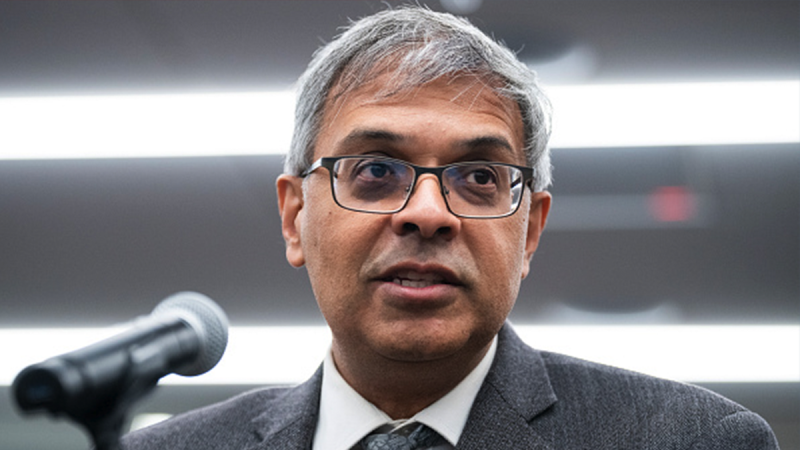Jay Bhattacharya: A Multifaceted Leader Nominated by Trump for NIH Director
Prominent physician and economist Jay Bhattacharya has recently been nominated by former President Donald Trump to serve as the director of the National Institutes of Health (NIH). This move has sparked discussions and debates within the medical and political communities regarding the potential impact of his appointment on public health policies and research funding. Bhattacharya, a well-respected figure in his fields, brings unique qualifications and an unconventional perspective to the forefront of national healthcare leadership.
With a sterling background in both medicine and economics, Bhattacharya has created a name for himself by approaching healthcare challenges through a multidisciplinary lens. As a physician, he has worked tirelessly to advance knowledge in epidemiology, health policy, and global health. His research has delved into contentious issues such as infectious diseases, health disparities, and the intersection of health and socioeconomic factors.
One of Bhattacharya’s most notable contributions to the field of public health is his research on the COVID-19 pandemic. As one of the early proponents of targeted protection strategies, he has advocated for shielding vulnerable populations while allowing lower-risk individuals to resume normal activities. This approach, although controversial, has sparked discussions about balancing public health measures with economic considerations. Bhattacharya’s nomination as NIH director signals a potential shift in the national conversation around pandemic response and the role of science in shaping policy decisions.
In addition to his medical expertise, Bhattacharya’s background in economics adds a unique dimension to his leadership style. As a seasoned economist, he understands the importance of resource allocation, cost-effectiveness, and the economic impacts of healthcare policies. His work bridges the gap between traditional medical research and the complexities of healthcare financing and delivery systems, offering a holistic perspective on public health challenges.
However, Bhattacharya’s nomination has not been without criticism. Some public health experts have raised concerns about his stance on herd immunity, the reliability of his research methods, and his alignment with certain political ideologies. Critics argue that his views may undermine public trust in scientific institutions and lead to misguided policy decisions that could harm vulnerable populations.
As Bhattacharya navigates the confirmation process and prepares to potentially assume the role of NIH director, he faces the task of addressing these criticisms and demonstrating his ability to lead with integrity, objectivity, and a commitment to evidence-based decision-making. His tenure, if confirmed, has the potential to shape the future of public health research, policies, and funding priorities in the United States.
In conclusion, Jay Bhattacharya’s nomination as the director of the NIH represents a significant development in the intersection of healthcare, economics, and public policy. His multifaceted background and expertise position him as a unique leader who can bring fresh perspectives to the national conversation on health and science. While his nomination has sparked debates and controversies, Bhattacharya’s tenure, if confirmed, has the potential to drive innovation, collaboration, and progress in the field of public health.
